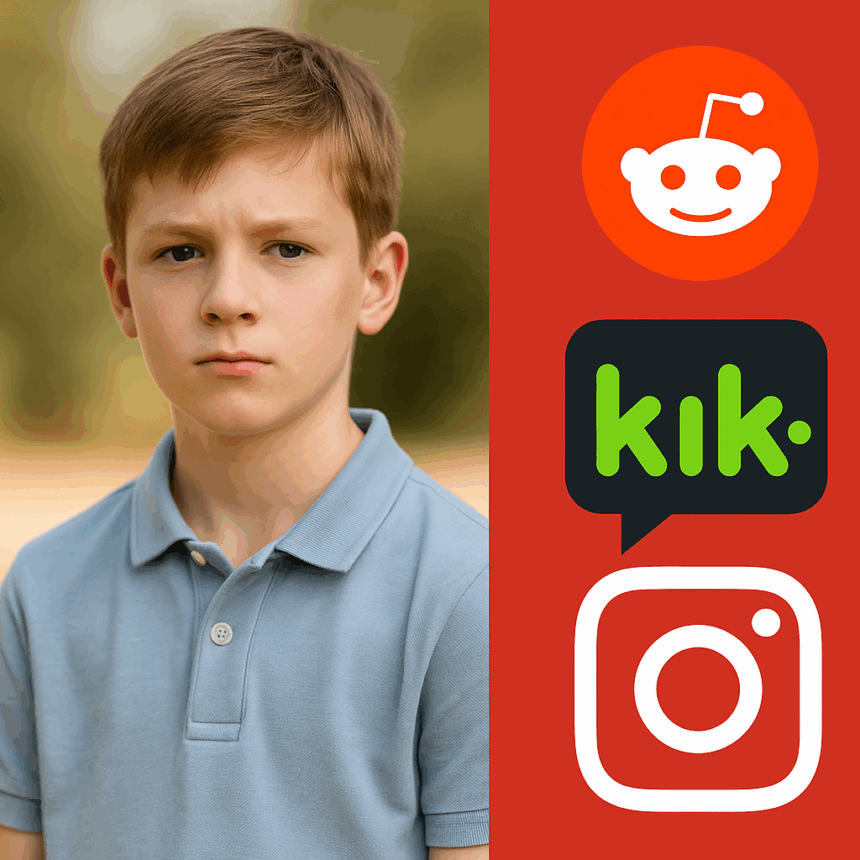Denmark Pushes to Keep Kids Off Social Media
Denmark plans to ban social media access for children under 15, marking one of Europe’s boldest efforts yet to protect young people from the negative effects of online platforms. The initiative, led by the Ministry of Digitalisation, introduces a national age limit that blocks social media use for minors — unless parents give explicit consent starting at age 13 after a formal review.
The policy echoes mounting global concerns about how social media impacts mental health, sleep, and self-esteem among youth. Denmark joins Australia, which recently enacted the world’s first national social media ban for users under 16.
What’s Happening & Why This Matters
Europe Takes Notice as Denmark Acts
Under the proposal, children younger than 15 cannot open or use social media accounts unless their parents provide verified consent. The measure applies to “certain” platforms, though the ministry has not specified which ones.
The Digitalisation Minister Caroline Stage described the plan as a “necessary stand against a digital world that intrudes too deeply into childhood.”
“We are taking a stand against a development where large tech platforms have had free rein in children’s rooms for far too long,” Stage said.
The initiative carries wide political support across Denmark’s right, left, and center parties. Lawmakers argue the time has come to protect children from addictive algorithms, harmful content, and commercial exploitation.
The government cites research linking excessive social media use to sleep loss, poor concentration, and heightened anxiety among young users. Officials say the rule aims to restore balance between digital life and real life.
“Children and young people lose their peace, concentration, and sleep because of the pressure created by digital relationships where adults are not always present,” the ministry stated.
Momentum Against Online Harm
Denmark’s proposal builds on growing European momentum to regulate tech companies that profit from young users. France recently launched a criminal probe into TikTok for allegedly promoting harmful content tied to self-harm and suicide. That investigation followed lawsuits from French families accusing the platform of driving teens toward dangerous behaviour.
Elsewhere, Australia’s ban takes effect on December 10, prohibiting social media access for anyone under 16. Platforms such as TikTok, Meta’s Facebook, Snapchat, Reddit, Kick, X (formerly Twitter), Instagram, and YouTube face fines up to A$50 million (€28.3 million) for systemic failures to verify user ages.

Denmark’s plan would make it the first EU member state to adopt a national social media age restriction. Though enforcement remains unclear, experts suggest the country could leverage digital ID systems and AI-based verification tools to confirm user ages.
“Denmark is now leading the way in Europe with a national age limit for social media,” the ministry’s statement declared.
Platforms Brace for Impact
Tech companies are already pushing back. Industry groups warn that sweeping bans risk violating privacy and stifling digital literacy among teenagers. Critics argue that parental education and digital guidance, not prohibition, should be the focus.
Still, public sentiment favours action. A majority of Danish parents support tighter age limits, saying they feel outmatched by the influence of algorithms. Educators and psychologists across the country echo the concern, noting how early exposure to constant digital validation reshapes emotional development.
Stage said the decision sends a clear message: “Children’s wellbeing outweighs tech profits.”

TF Summary: What’s Next
Denmark’s proposed ban reframes Europe’s digital debate. If approved, it pressures other EU nations to adopt similar laws or harmonise child safety rules across the bloc. The policy’s recognition that unrestricted online access isn’t a right — it’s a responsibility.
MY FORECAST: Expect Denmark to pilot new age verification technologies while coordinating with EU regulators to test enforcement models. The Danish ban accelerates concerted efforts toward child-centric digital regulation, forcing social media giants to rebuild trust — or risk losing an entire generation of users.
— Text-to-Speech (TTS) provided by gspeech


